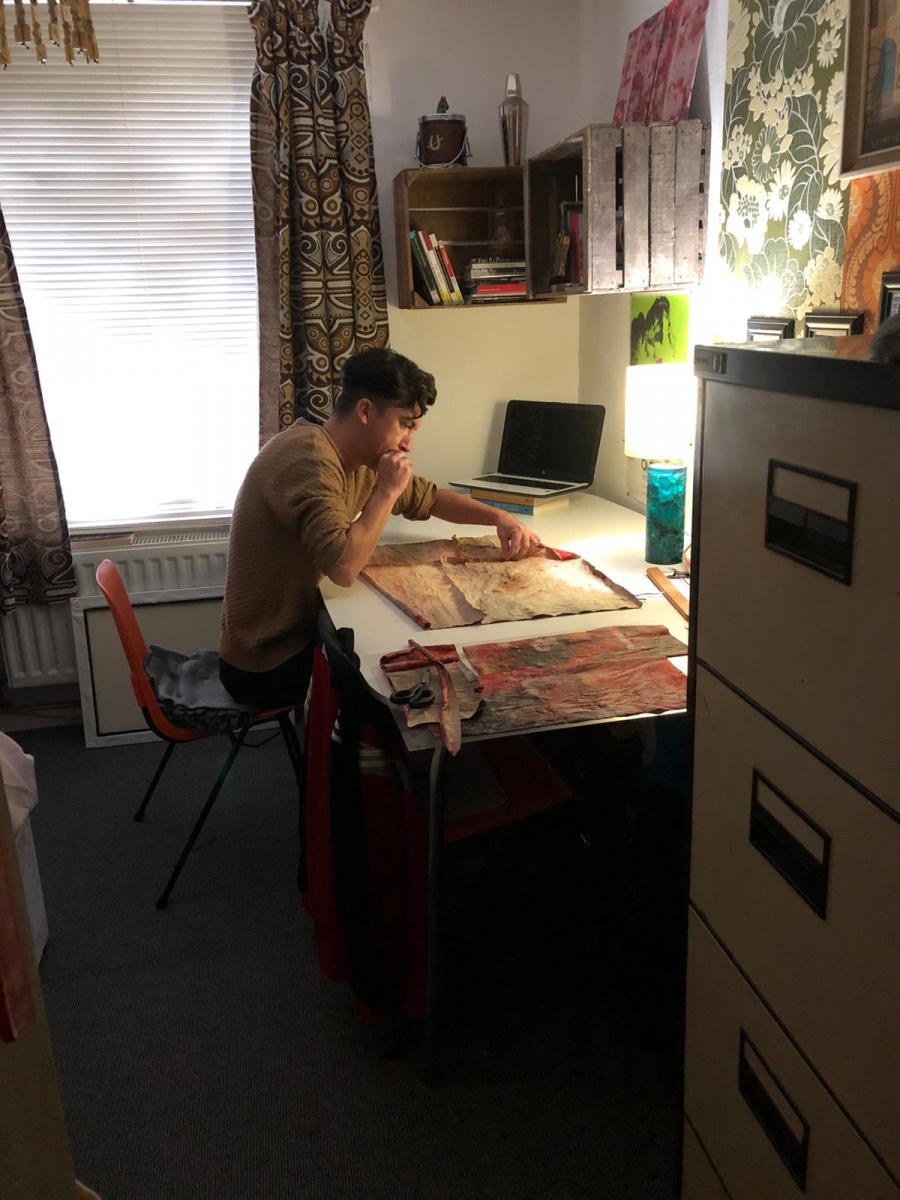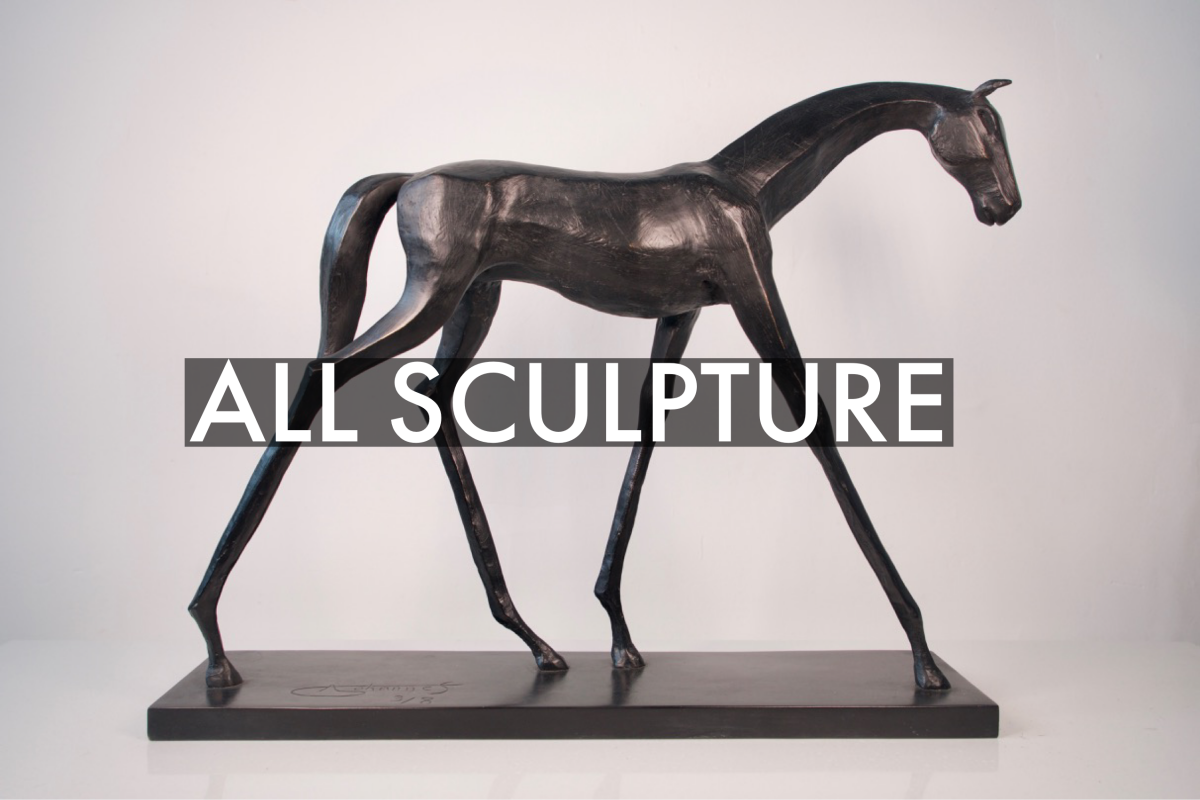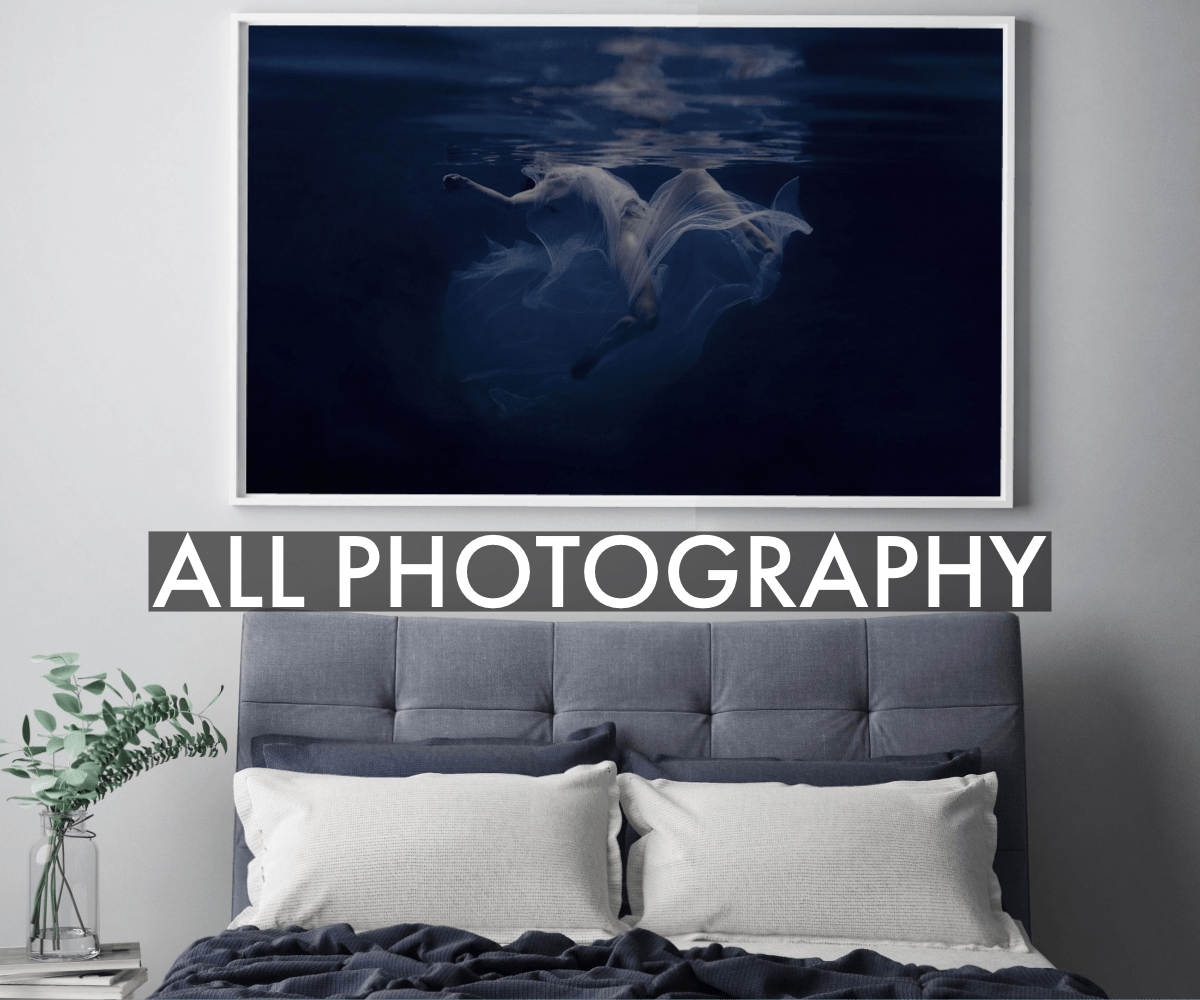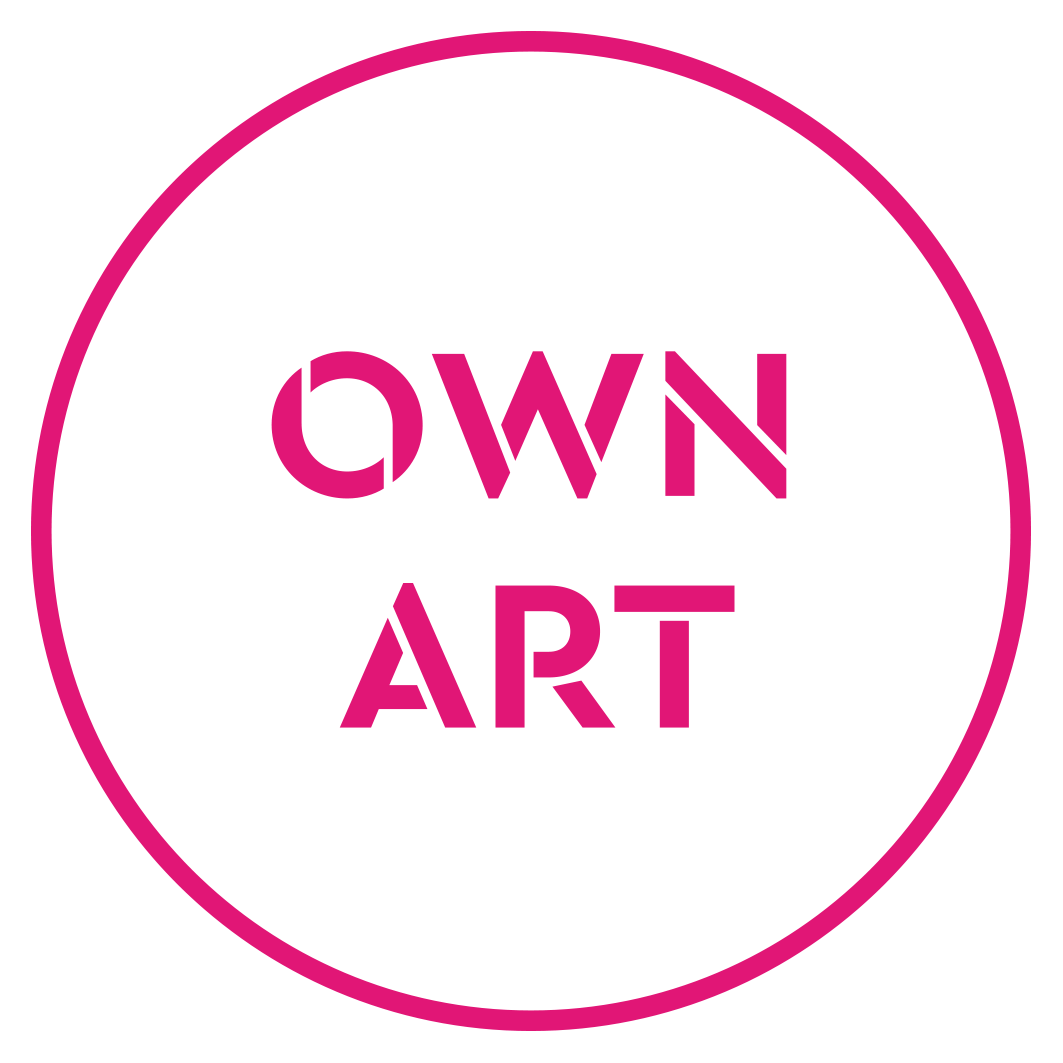Aaron James Murphy is an interdisciplinary artist whose practice spans writing, photography, sculpture and painting. His diversified practice is consolidated by ongoing research exploring the historical and contemporary discourse of Gay Rights Movements and AIDS/HIV. Archives are a prominent point of departure in Aaron James Murphy’s practice and theoretical discourse. This enables access to a collective memory bank, rehabilitating the lives and actions documented into the contemporary sphere. Conservative political doctrine has developed a burgeoning engagement with social anthropology. Issues related to societal pressures, ideologies and stigma in an autobiographical and biographical context are central themes. Gay Rights Movements and AIDS/HIV discourse has fuelled Aaron James Murphy’s interest in the overlap of the private and public, candidly documenting his own experiences and diagnosis. A research lead practice has developed an eclectic approach to traditional and non-traditional materials, which has resolved in an aesthetic vocabulary evocative of both Minimalism and Conceptual Art.

1) Which art movement do you consider most influential on your practice?
Conceptual Art. I have always been preoccupied with the concept rather than the finished art object. Although the art object must have an aesthetic quality to my own satisfaction the process of concept often always outweighs aesthetics.
2) Where do you go and when to make your best art?
The pandemic has really altered how and where I work, which has resulted in me not having a ‘traditional’ studio space. This has presented some challenges and required some creative solutions. If I am painting its outside in the garden, my local park or on the beach. If I am working inside its often fining a space, which best suits the needs of what I am working on at the time. It is not conventional and does have limitations, but it does make you think more about the physical creative process, which has resulted in some interesting outcomes.
3) How do you describe your 'creative process'?
Complicated! I often spend weeks researching, reading and endless note making before any ‘creative process’ begins. I often find this frustrating and overwhelming but have learned with time it has become a part of my creative process and I have started to embrace It. Depending on what I am researching will dictate to me what materials I will use. I have recently been working on A Conversation with David Wojnarowicz and painting has been the most appropriate medium to work with. However, the body of work has involved writing, so I am currently working on a series of performances. That is perhaps what I find most exciting about the creative process. I do not have a ‘go to medium’ so I never know where I will end up.
4) Which artist, living or deceased, is the greatest inspiration to you?
Without a shadow of doubt Francis Bacon. I can recall the first time I saw Three Studies for Figures at the Base of a Crucifixion at Tate Britain. I would have been around twelve years old at the time and was completely transfixed by this triptych. It sounds cliché but the painting spoke to me. It grabbed my imagination and is a painting I continually refer to throughout my practice. Bacon was a complex character. Articulate and intelligent, if I could go back in time for one evening, I would like to meet Bacon at the former Colony Room Club in Soho. Talk art and put the world to rights, no doubt getting drunk on champagne. He is the reason I went to art school and became an artist.
5) If you weren't an artist, what would you do?
This question is hard! I honestly never had any aspirations to be anything other than an artist. I have never ‘conformed’ to the norms, so getting a ‘normal’ career or job has never registered with me. I guess if I had to choose, I would love to run a bar or nightclub as I am a bit of a social animal and love getting to know people. I guess there is some compassion to Francis Bacon and the Colony Room Club.
6) What do you listen to for inspiration?
It depends on what stage of the creative process I am at. If I am researching it's often Classical or Jazz as I find this helps with the thought process. When I am in the physical process of making the work, it can range from 80s classics to 90s dance. It is certainly eclectic and reflects what stage of the process I am in.
7) If you could own one artwork, and money was no object, which piece would you acquire?
The Garden of Earthly Delights (1490-1510) by Hieronymous Bosch.
8) If your dream museum or collection owner came calling, which would it be?
It would have to be the Tate collection. The Tate has always been a special place to me and a constant source of inspiration. It’s a place which has constantly evolved, offering a platform for cutting edge contemporary art.
9) What is your key piece of advice for artists embarking on a fine art or creative degree today?
Make the most of your time! Three years sounds like a long time, but it flies by and before you know it you are graduating and wondering how it went so quickly. Take the time to soak everything up and make the most of every opportunity. If there is not the opportunity then make it happen. I can honestly say it was the best three years of my life, but it went too quickly and if I could do it all again I would. I guess I would be the eternal student.

10) What is your favorite book of all time (fiction or non fiction)?
William Burroughs Naked Lunch.
11) If you could hang or place your artwork in one non traditional art setting, where would that be?
The Sistine chapel. My work is in complete contrast to the message of the catholic church. It would without doubt be a controversial move and would spark heated debate. I could not wish for a better outcome.
12) What was the biggest lesson your university course or time studying taught you?
Experiment, Experiment, Experiment! University taught me to slow down my concept process and fully experiment and explore an idea to it maximum potential. There is a question which every artist comes across ‘When is a work finished?’ What I additionally ask myself now is ‘when is a concept finished?’
13) And finally, if we were to fast forward 10 years, where would we find you?
I have always considered myself a nomad, so you would probably find me in the sun, working from my studio close to the beach with a chilled bottle of white wine on the go.
Learn more about Aaron and discover his collection of artworks.













